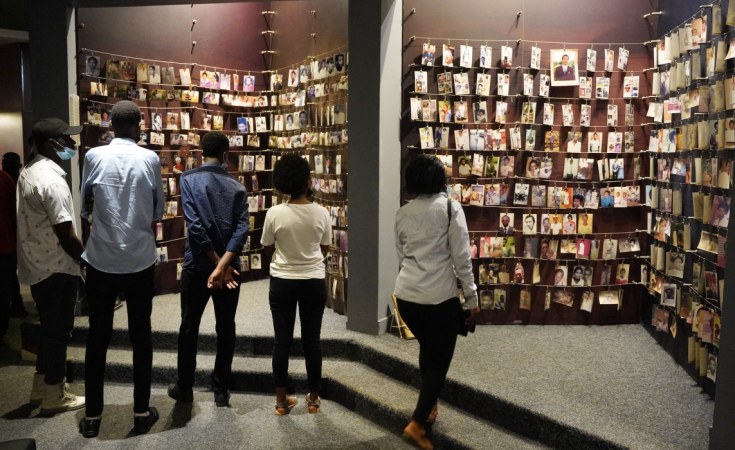Audrey Azoulay, Director-General of the United Nations Educational, Scientific and Cultural Organization (UNESCO), has advocated for the inclusion of Rwanda's genocide memorial sites as World Heritage Sites.
During her recent three-day visit to Rwanda, Azoulay emphasized the vital role played by the Kigali Memorial and the nationwide network of memorials in promoting peace through memory and education.
After concluding her visit, Azoulay expressed her support through her X (Twitter) account. Her visit included participation in various activities, such as the 19th edition of Kwita Izina and paying tribute to the victims of the 1994 Genocide against the Tutsi.
Azoulay highlighted the upcoming decision by the member states of the World Heritage Committee, scheduled for this month, regarding the nomination of Rwanda's genocide memorials for inscription as a World Heritage Site. She described it as an important moment in the process.
The 45th session of the World Heritage Committee, to be held in Riyadh, Saudi Arabia, from September 10 to 25, is expected to make a crucial decision regarding the potential inclusion of four Genocide Memorials and Nyungwe Forest National Park as UNESCO heritage sites.
Jean-Damascène Bizimana, Minister of National Unity and Civic Engagement, emphasized the universal and exceptional value of the Genocide Memorial Sites that Rwanda is requesting to be listed as UNESCO world heritage sites. He noted that these sites represent the first genocide recognized by the UN after the Holocaust and serve as a lesson for humanity and future generations.
Azoulay also mentioned UNESCO's International Programme on Holocaust and Genocide Education, launched in 2015. Rwanda is one of the beneficiaries and stakeholders, having established a national team to incorporate education about the Genocide against the Tutsi into school curricula.
UNESCO supports this initiative by providing training and educational materials. Additionally, non-formal educational projects are conducted to empower young people as ambassadors for peace in their communities.
"We also run non-formal educational projects for young people, so they can become ambassadors for peace in their communities," she added.


